
views
MANGALORE: Central Marine Fisheries Research Institute (CMFRI) is all set to launch a fishermen-friendly project, aiming at scientific mapping and distribution of resources along the West Coast from Calicut in Kerala to Ratnagiri in Maharastra.As many as four boats would be utilised from Calicut to Ratnagiri along the West Coast, to compile data of about 50 species of fish of commercial value and another 150 species for ecological importance. The data once compiled will not only reveal from where the fish come but will also yield information on where juvenile (small) and adult fish are available.The project is in its initial stages and is aimed at studying the extent and impact of ‘discards’ (non-edible fish) and ‘bycatch’ (a combination of trash and discards) of trawlers. Mangalore CMFRI realised that it was possible to improve sustainability of marine fisheries along Karnataka coast. Thus scientists decided to extend the project’s ambit throughout West Coast keeping interests of fishermen in mind. Senior scientist A P Dinesh Babu of Mangalore research centre of CMFRI had recently presented the project’s findings at ‘Indian Fisheries forum’ organised in Chennai in December.Due to indiscriminate fishing practices by over 3,000 fishing trawlers in state, non-target fish were also caught in nets. The data compiled from 2007 revealed a huge reduction or loss of species. ‘50 per cent of young fish were not getting the chance to reproduce even once,’ the paper revealed.Knowledge on resource distribution will help in possible reduction of unwanted catch by trawlers. CMFRI had planned to release CDs indicating distribution of commercial fish along the coast, to fishermen. But later shelved the idea, on realising that the CD might not reveal a clear picture. “CMFRI’s resource mapping and distribution project, which is a comprehensive exercise will give a clear picture,” Dineshbabu said. Fishermen can depend on this knowledge, which will not have much variation, to decide on how many boats would be required for catching a specific amount of fish.“Thus a fisherman not only conserves energy but also avoids trash which is being insisted by FAO under code for responsible fisheries,” he informs. Senior geologist in the department A C Dinesh who was associated with Dineshbabu in his project says the project will also incorporate native knowledge, transferred from one generation to another. The study will be modified further based on feedbacks in a string of seminars being planned about the project.















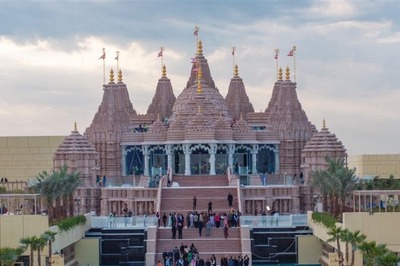
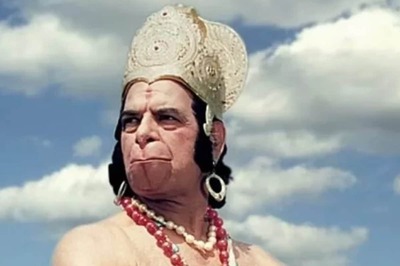
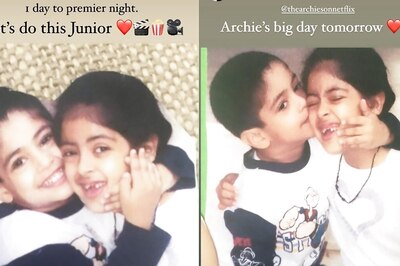
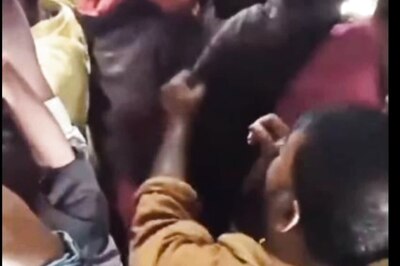
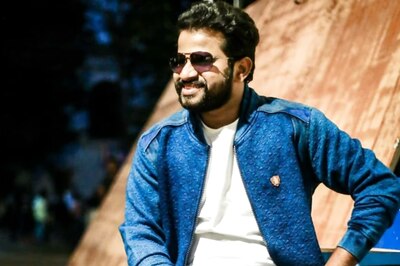
Comments
0 comment